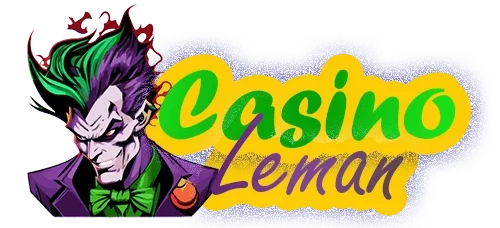The history of video games is often told through the lens of technology: the bits, the polygons, the processing power. But for PlayStation, the true story is one of culture. From its explosive debut in the mid-90s, PlayStation didn’t just sell a console; it sold an attitude. It positioned itself as the cool, edgy, and mature dipo4d alternative to its competitors, and this identity was forged not through marketing alone, but through the very games that defined each generation of its hardware. These games created a cohesive cultural tapestry that attracted a diverse audience and cemented PlayStation as a brand synonymous with cutting-edge, adult-oriented entertainment.
The original PlayStation established this identity by boldly going where its main competitor wouldn’t. It embraced the CD-ROM format, allowing for full-motion video, orchestrated soundtracks, and worlds far larger than what cartridges could hold. This technological leap enabled a new kind of game. It gave us the cinematic espionage of Metal Gear Solid, a title that felt like playing a blockbuster movie. It gave us the dark, psychological horror of Silent Hill, which traded in jump scares for a pervasive atmosphere of dread. It gave us the stylish, anti-establishment rebellion of Parappa the Rapper and Tony Hawk’s Pro Skater. This wasn’t kid’s stuff; this was the voice of a new, burgeoning gaming generation growing up and demanding more complex themes.
This cultural momentum accelerated with the PlayStation 2, which became a ubiquitous fixture in dorm rooms and living rooms worldwide. Its unprecedented library acted as a cultural nexus. Grand Theft Auto III became a societal lightning rod and redefined open-world design, while Guitar Hero and SingStar turned living rooms into social hubs and parties. Games like SOCOM: U.S. Navy SEALs helped popularize online console gaming, creating new forms of community and competition. The PS2 wasn’t just a game console; it was a DVD player, a music platform, and a social gathering point. The games it hosted reflected this multifaceted role, offering everything from solitary, deep narratives to loud, crowd-pleasing experiences.
This cultivated identity of prestige and cultural relevance is the throughline that connects past to present. The modern PlayStation ecosystem, built on the backs of the PS4 and PS5, is the evolution of this founding principle. The focus has sharpened into delivering high-fidelity, narrative-driven blockbusters that are events in themselves. Titles like The Last of Us, Ghost of Tsushima, and God of War (2018) are more than games; they are critical darlings that win awards and are adapted into prestigious television shows. They represent the full maturation of the identity PlayStation built decades ago: a platform for experiences that are cinematic, emotionally resonant, and culturally significant, proving that the games themselves are the most powerful architects of a brand’s soul.
